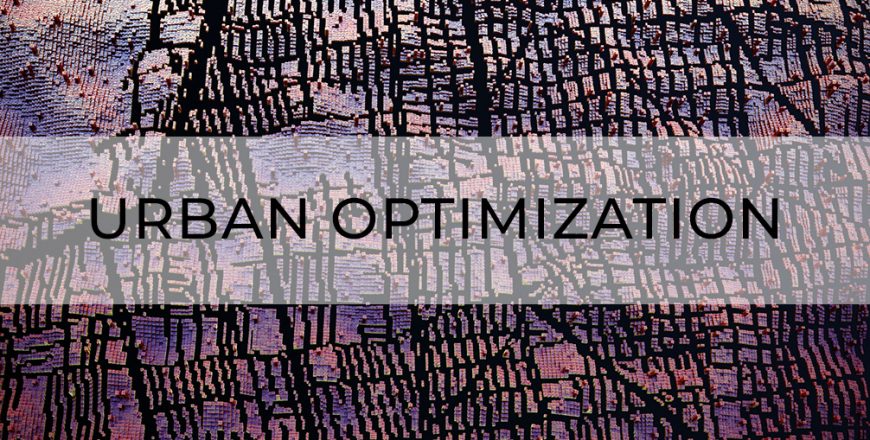Urban: Pattern Language and Transit Oriented Development

Urban: Pattern Language and Transit Oriented Development
with Adrian Krężlik | Parametric support
We will learn differences between single- and multi-objective optimization, how to define a boolean and a penalty function.
By the means of single- and multi-objective optimization we will:
- optimize markets distribution and accessibility to them in Mexico City
- enhance the public transport system by implementing a new metro line
Software used: Rhinoceros, Grasshopper, Galapagos, Silvereye, Octopus, Lunchbox, MeshEdit. This tutorial is suited for intermediate users.
Brief
The goal of the webinar is to simulate how a built environment would react to implementing new elements to the existing systems. Transit Oriented Development and Pattern Language are two strategies looking for enhancing accessibility, program distribution and finally the quality of urban life. Christopher Alexander’s book was a milestone in understanding the complexity of a city. Proto-parametric design patterns are a great source of rules that an urban planner and designer should confront envisioning the future of the city. Several metropolis all around the world have already implemented TOD and reverse-TOD concepts. Singapore, Curitiba or Edmonton could prove that the idea of using a public transport as a spine of the city improves the quality of living in the city.

